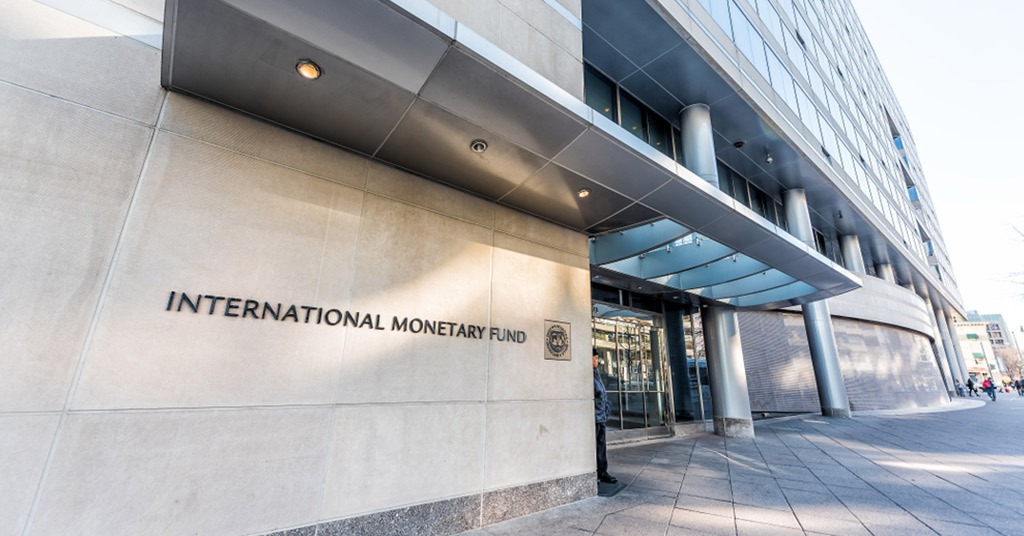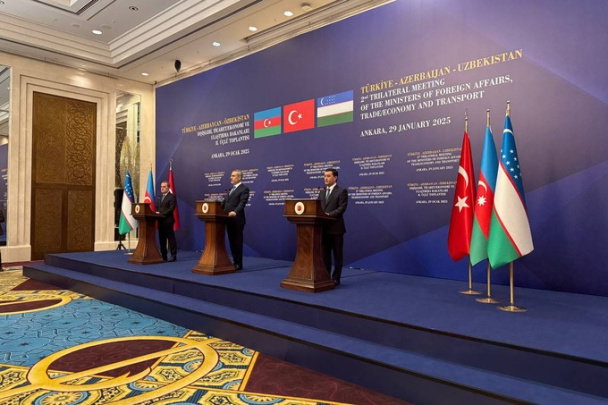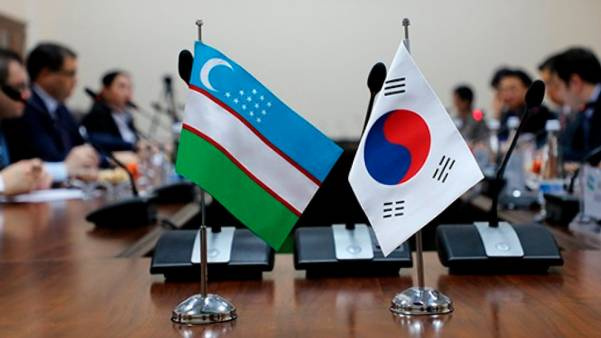“The government made a start with privatization last year, selling many smaller assets and a mid-sized SOE. SOEs still account for more than half of total output, however, and dominate key sectors,” the report said.
The IMF believes that while privatization will be more challenging in the current uncertain environment, the authorities will continue to sell smaller assets via open and transparent e-auctions and announced plans to sell several mid-sized SOEs and stakes in a number of state-owned banks and larger SOEs, including in the energy, aviation, and telecommunication sectors, during 2022–23.
In addition, the adoption of a new law on privatization, designed to streamline the sale of state-owned enterprises and banks through transparent and competitive procedures, will help speed up the privatization process.
“For entities that remain in state hands, adoption of the new state-ownership law, with well-defined ownership principles, and continued efforts to improve SOE corporate governance and financial reporting are essential. While the number of professional, independent members of the supervisory board of SOEs and state-owned banks has increased, more are needed to establish majority independent supervisory boards and enable strengthening these companies’ management boards,” the report added.
At the same time, the abolition of state guarantees for state-owned enterprises and the adoption of new procedures for approving large borrowings by state-owned enterprises will improve financial discipline.
Reform of state-owned banks remains key to creating a healthy and competitive banking system that will effectively promote financial intermediation and finance economic growth, according to IMF experts.






